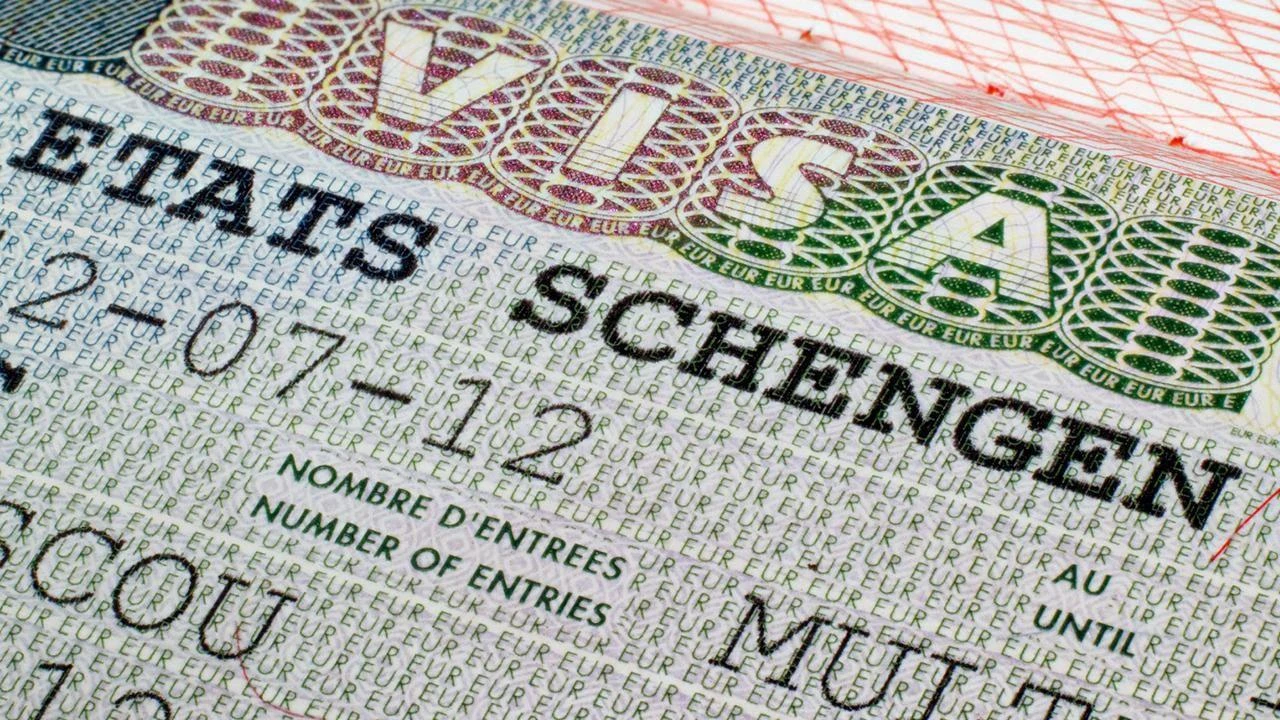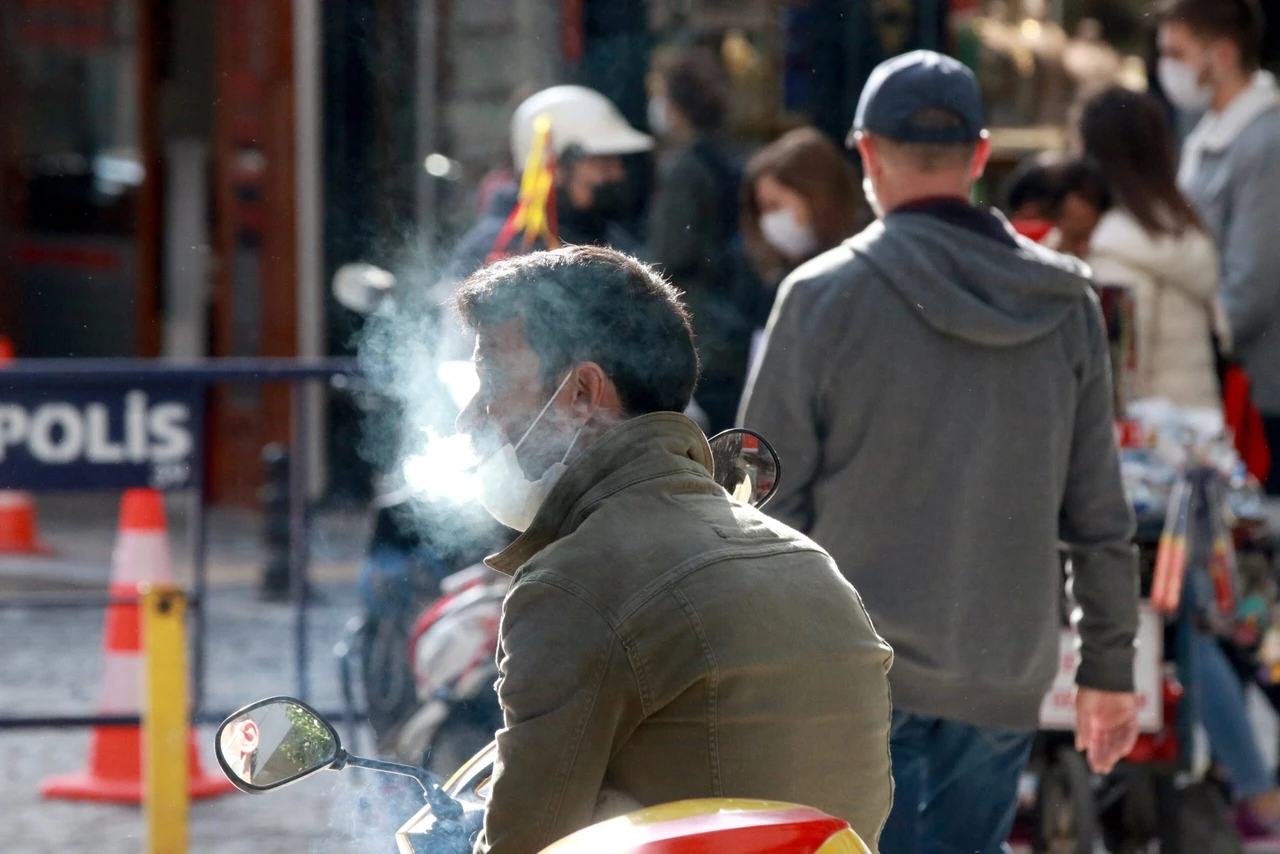Germany imposes border closures, Turks face new restrictions
 Schengen visa, valid for the territory of the 26 member countries. (Photo via TRT)
Schengen visa, valid for the territory of the 26 member countries. (Photo via TRT)
Germany has imposed border closures in response to increasing security threats, irregular migration, growing financial and humanitarian pressures, and dangers posed by radicalism, terrorism and cross-border crime.
Denying entry to ‘undesirable’
Effective from Sept. 16, the Schengen Agreement, which permits free movement within the EU, has been suspended.
Land border checks will be enforced, and German border police will have the authority to deny entry to individuals deemed “undesirable,” regardless of whether they possess a valid visa.

How are Turks affected?
Turkish nationals, along with Syrians, Afghans, and individuals from African countries, who lack permission to enter or face entry bans, will be turned away at the border. Asylum-seekers will be directed to designated camps. Even Turkish citizens holding valid visas may face the possibility of being refused entry at the border.
The deportation of illegal Turkish nationals will be carried out directly by border police. This new enforcement is in line with German law and has been reported to EU institutions.
Meanwhile, travelers from France, Luxembourg, the Netherlands, Belgium, and Denmark will be subject to border controls for six months. However, travel from Germany to these nations will remain unrestricted.
The number of individuals turned away at Germany’s borders increased more than fourfold in 2023 compared to 2022. Under current regulations, border rejections can only occur during the checks.



